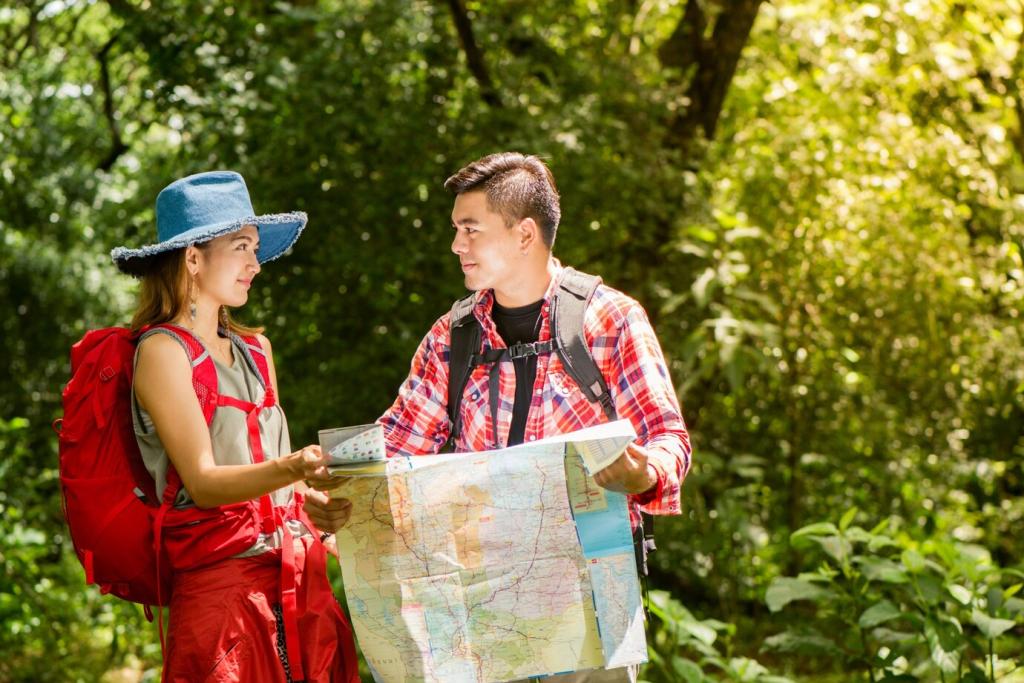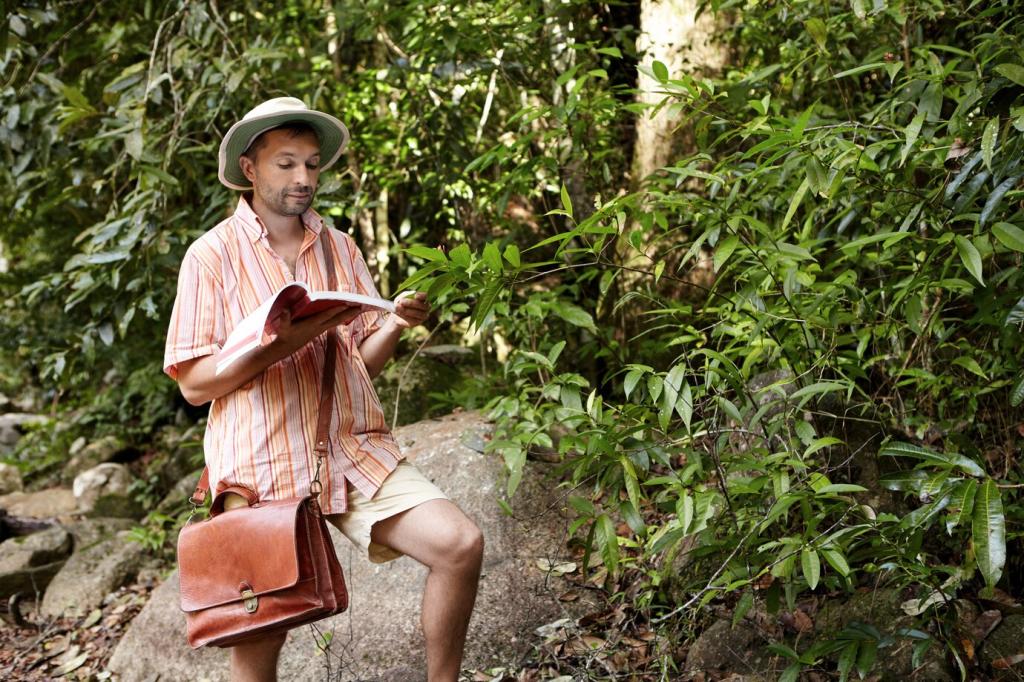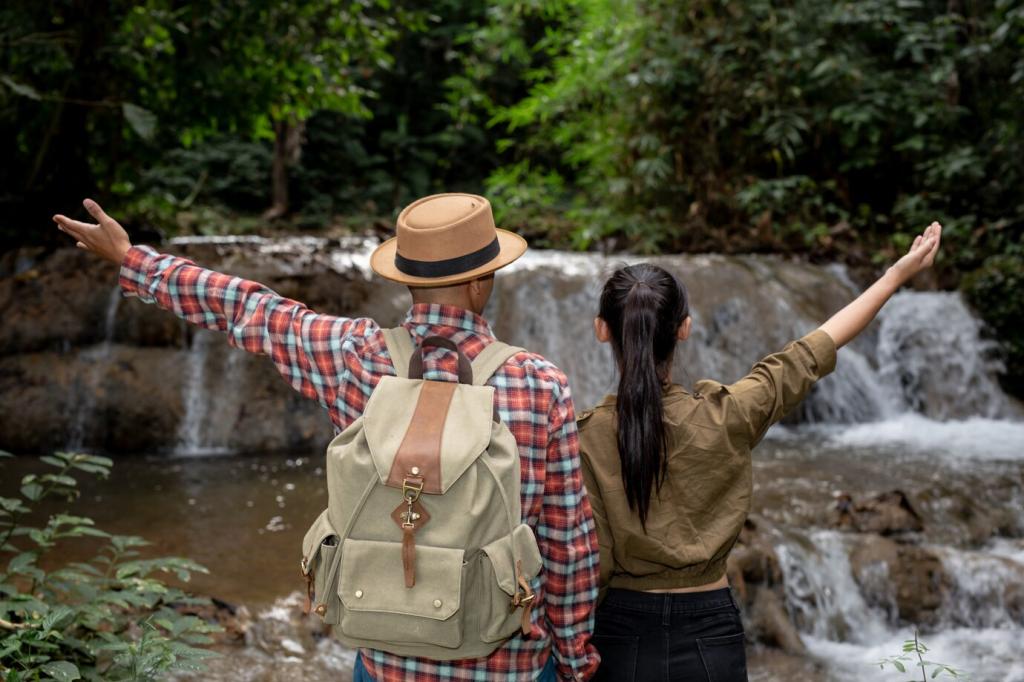Travel Better with Ethical Tour Operators
Chosen theme: Ethical Tour Operators. Welcome to a travel home page dedicated to journeys that uplift communities, protect nature, and honor culture. Explore stories, tools, and honest checklists that help you book tours with integrity—and subscribe to join a traveler community that puts ethics first.
What Defines an Ethical Tour Operator
Transparency and Accountability
Look for operators who publish supply chains, safety protocols, and incident reporting pathways, not just glossy promises. Clear policies, third‑party audits, and recognized standards like GSTC or B Corp show real accountability. Ask how complaints are handled and whether results trigger training, restitution, or itinerary changes.
Fair Labor and Local Equity
Ethical operators pay living wages, issue contracts, and invest in guide training with leadership opportunities for local staff. They co-create experiences with communities, share revenue transparently, and avoid exploitative middlemen. Seek proof of community funds, co‑ownership models, and procurement from local, diverse suppliers.
Animal Welfare and Nature First
Responsible wildlife experiences never involve riding, petting, or baiting animals. Operators follow science‑based distance rules, cap group sizes, and partner only with rehabilitation or sanctuary programs, not entertainment venues. They align with ABTA guidance, Leave No Trace, and local conservation authorities to minimize stress on ecosystems.
A Field Story: The Trek That Changed a Company
Before mapping a trekking route, the operator met elders to learn about sacred springs and seasonal grazing. Together they redirected trails away from ceremonies, hired local youth as wardens, and created rest stops curated by families. Guests gained context, and footpaths gained the community’s blessing.
A Field Story: The Trek That Changed a Company
Ten percent of trek profits flowed to a village cooperative with an open ledger posted monthly. Funds backed trail maintenance, a library corner, and scholarships for guide training. Travelers loved seeing actual receipts and choosing homestays that directly sustained the hosts they met over dinner.


How to Vet an Operator Before You Book
Ask how guides are employed and trained, what percentage of spend stays locally, and which certifications are independently verified. Request wildlife, child safeguarding, and tipping policies in writing. Finally, inquire how guest feedback changed an itinerary in the last year—specific examples matter more than slogans.
How to Vet an Operator Before You Book
Don’t stop at the homepage. Scan policy documents, carbon reports, and supplier codes for concrete data and dated milestones. Look for risk assessments, emergency protocols, and anti‑corruption clauses. If information is missing, ask for it; ethical teams respond with clarity, not deflection or defensive jargon.




Wildlife Encounters Done Right
Respectful wildlife viewing uses minimum distance rules, quiet voices, and limited time at sightings. Operators train guides to read stress signals and log observations to inform adaptive management. Guests learn why one great, patient sighting beats twenty rushed, intrusive moments that alter behavior.
Wildlife Encounters Done Right
Support facilities that rehabilitate and release animals rather than offer selfies or performances. Ethical operators vet partners with veterinary oversight, no breeding for captivity, and clear release criteria. They decline activities like cub petting, recognizing the unseen pipeline of suffering behind seemingly adorable interactions.
Climate‑Conscious Itineraries
Designing Low‑Carbon Journeys
Expect rail over short‑haul flights, efficient vehicles, and right‑sized groups. Lodging favors efficient buildings powered by renewables, while itineraries embrace slow travel that trades checklists for depth. Operators publish per‑guest emissions and invite travelers to tweak plans to meet a shared carbon budget.
Offsetting, Insetting, and Honesty
Offsets are not a cure‑all. Seek operators investing in insetting—reductions inside their value chain—plus high‑quality credits vetted by Gold Standard or Verra. The best teams present uncertainty ranges, avoid double counting, and push for absolute reductions before discussing any compensation instruments.
Packing and Behavior That Matter
Ethical operators brief guests on practical habits: refillable bottles, light luggage, shared transfers, careful energy use, and laundry restraint. They suggest seasonal menus, support plant‑forward meals, and discourage disposable souvenirs. Small actions compound when every traveler understands the itinerary’s climate logic.
Cultural Respect, Consent, and Story Sovereignty
Ask, Don’t Assume
Operators coach guests on consent for photos, recordings, and ceremonies. They provide basic phrases in local languages and explain when to put cameras away. Respect grows when travelers understand context, power, and why some stories are shared privately, not posted for public consumption.
Indigenous‑Led Experiences
Seek tours built with Free, Prior and Informed Consent, co‑authored narratives, and revenue shares governed by community bodies. Ethical operators secure permits through legitimate authorities and support guide training led by Indigenous experts. Guests witness culture on its own terms, not as a backdrop.
Fair Credit and Narrative Rights
When artisans, historians, or elders contribute knowledge, they are acknowledged by name and compensated fairly. Operators avoid appropriating designs and ensure media use aligns with community agreements. Travelers learn to cite sources and share links that drive purchases directly to creators, not resellers.
Join the Movement for Ethical Travel
Commit to asking hard questions, honoring consent, refusing harmful wildlife encounters, and paying fair prices that sustain workers. Share your pledge in the comments and invite a friend to join. Change accelerates when travelers hold themselves to the same standards requested of operators.

